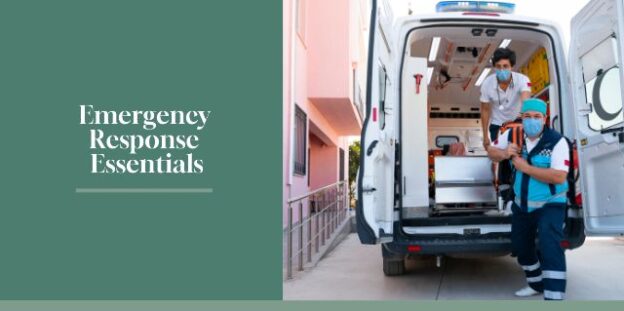This comprehensive online course will equip you with the knowledge and skills needed to effectively respond to emergencies and disasters. Whether you’re a novice or an experienced professional, you’ll gain valuable insights into emergency management, response strategies, and career opportunities in this critical field.
Career Path:
After completing the “Emergency Response Essentials” course, learners can explore various career paths in the field of emergency management and response, such as:
1. Emergency Management Coordinator: Responsible for planning and coordinating emergency response efforts at the local, state, or federal level.
2. Emergency Medical Technician (EMT): Provide pre-hospital emergency medical care to individuals in crises.
3. Disaster Recovery Specialist: Assist communities in recovering from natural or man-made disasters by coordinating relief efforts and resources.
4. Crisis Communication Specialist: Manage communication strategies during emergencies to ensure accurate information dissemination and public safety.
5. Search and Rescue Technician: Participate in search and rescue missions during disasters or emergencies.
6. Public Health Emergency Preparedness Specialist: Focus on public health strategies and preparedness for emergencies and pandemics.
7. Nonprofit and NGO Roles: Many organizations, such as the Red Cross or FEMA, offer various roles related to emergency response and disaster relief.
8. Government and Military Positions: Explore careers in government agencies or the military with a focus on emergency management.

